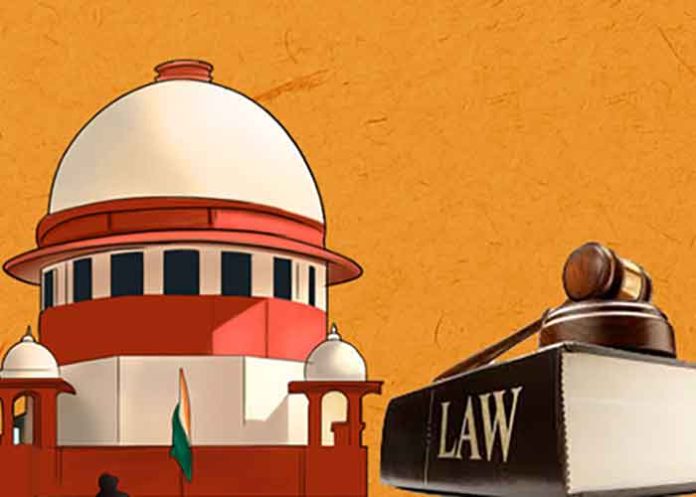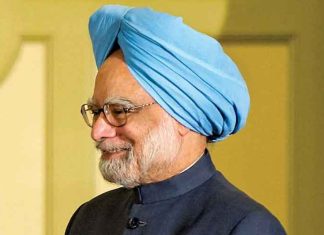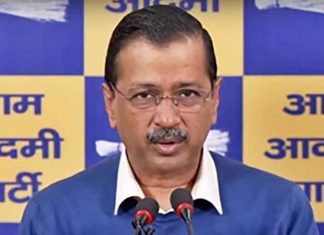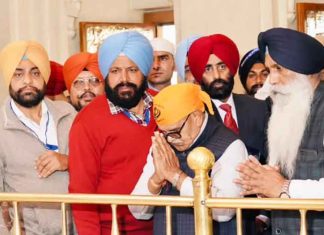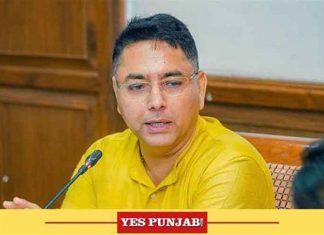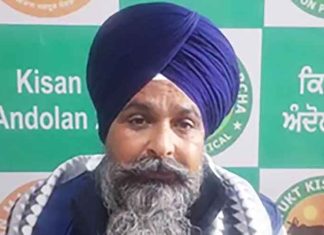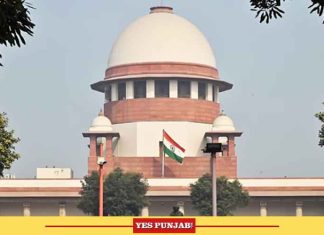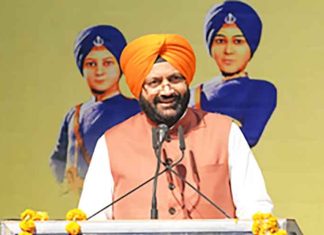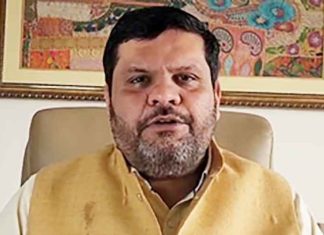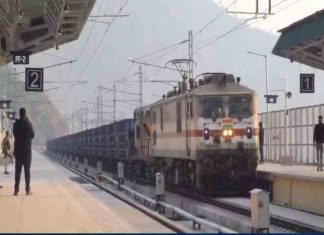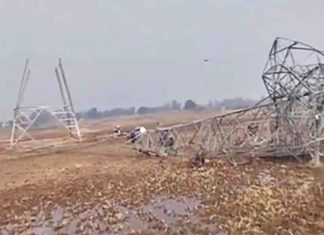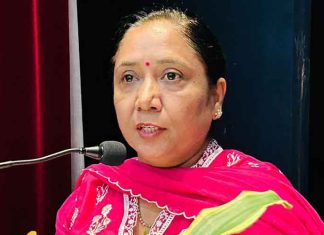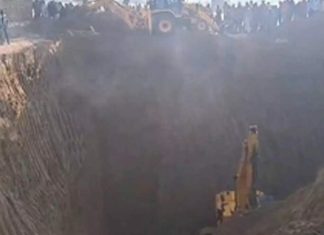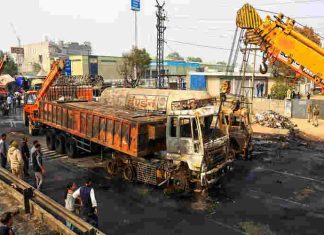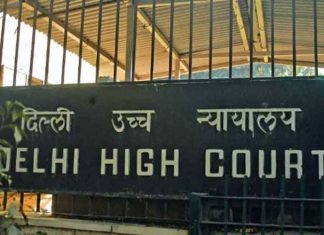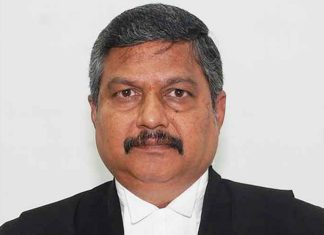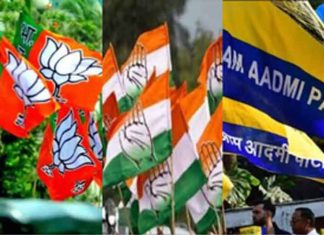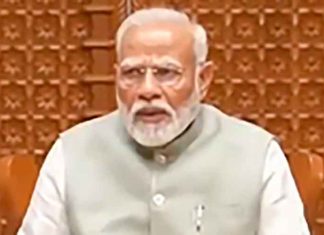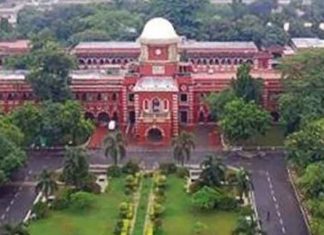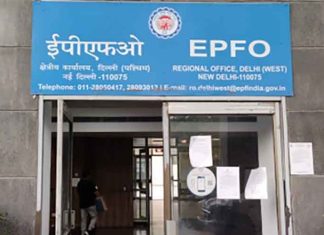New Delhi, Nov 18 2024-
The Supreme Court on Monday agreed to examine a Public Interest Litigation (PIL) seeking direction to the Centre to fill vacancies in the Debts Recovery Tribunals (DRTs) across the country.
A bench of CJI Sanjiv Khanna and Justice Sanjay Kumar issued a notice and sought a response from the Centre government within five weeks.
It took note of the submission that the selection process commenced in September 2023 and thereafter, interviews were held in May 2024 and at present, 11 DRTs remain unmanned.
“The respondent (Union government) will file a counter affidavit within a period of five weeks from the date of service of notice. Rejoinder, if any, will be filed within three weeks from the date of service of counter-affidavit,” ordered the apex court.
The matter will be heard next in the week commencing January 27, 2025.
The PIL said that out of 39 Debts Recovery Tribunals in the country, nearly one-third, i.e., 11 DRTs have vacancies, as of September 30, 2024.
Though as early as September last year, a circular showing that the above vacancies in the DRTs, would be arising in 2023-2024 was floated, to date, no appointment has been made, the petition said.
It added that no timely steps to commence the selection process for the anticipated vacancies are being taken and this delay would entail a situation where more DRTs will turn non-functional in future.
“While the primary and principal object of the constitution of the DRTs, as provided for in the preamble to the Recovery of Debts and Bankruptcy Act, 1993 (RDB Act) is ‘for expeditious adjudication and recovery of debts due to banks and financial institutions’, the said object gets defeated and frustrated in case the DRTs remain non-functional due to non-filling up of the post of Presiding Officers,” said the petition filed through advocate Sudarshan Rajan.
It further complained that instead of filling up the vacancies, the Centre resorted to giving additional charge of the vacant DRT to a DRT situated in a neighbouring state, causing practical difficulties to lawyers and decelerating the disposal of the other DRT as well.
The petition said that in view of the additional charge given to such DRT, only urgent matters are taken up and normal matters are not considered, thus increasing the case pendency. While the RDB Act provides a specific schedule ranging from 60 to 180 days, the petition added that many DRTs remain non-functional due to non-appointment of Presiding Officers beyond the specified time range.
The PIL seeks a direction for the Centre to take necessary action on a war footing to fill up the vacancies in the DRTs across the country, saying that the failure to fill up the vacancies is a direct infringement upon constitutional as well as statutory provisions. (Agency)




